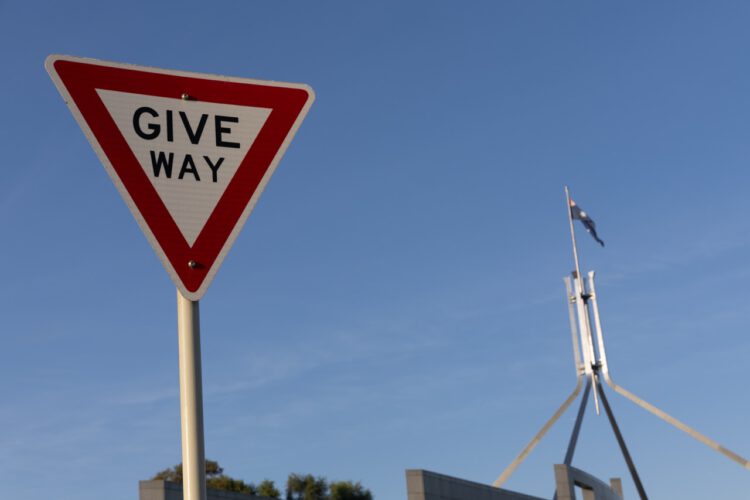The Greens, the government and the climate have had a win in the parliament, with the Greens winning support for its amendment to the Electricity Infrastructure Legislation Amendment Bill 2025 to protect the Capacity Investment Scheme from a future Coalition government.
Adam Bandt is calling it ‘Dutton proofing” which is not unfair, given that even if Dutton loses this coming election he is likely to remain leader, because let’s face it, who is taking over? Angus Taylor? Sussan Ley? Luke Howarth? Come on.
The Capacity Investment Scheme is basically a way government can encourage renewables investment by underwriting it.
The Greens amendment means any changes to the underwriting scheme will have to go through the parliament. Because remember: it is a rare for a government to also control the senate. In that sense, Australia is always in minority government.
Bandt:
“Peter Dutton’s dangerous nuclear fantasy is a ploy to keep coal and gas in the system for longer, threatening investment in renewables. Locking support for renewables and storage into law will give the industry certainty that the transition is unstoppable.
“The Greens want to keep Peter Dutton out and get Labor to act in a minority government, but if somehow Peter Dutton ever makes his way to the Lodge, these amendments will keep his hands off the Capacity Investment Scheme and keep renewables and storage on track.
“If the Parliament works together like this we can get real action on the climate crisis.”
